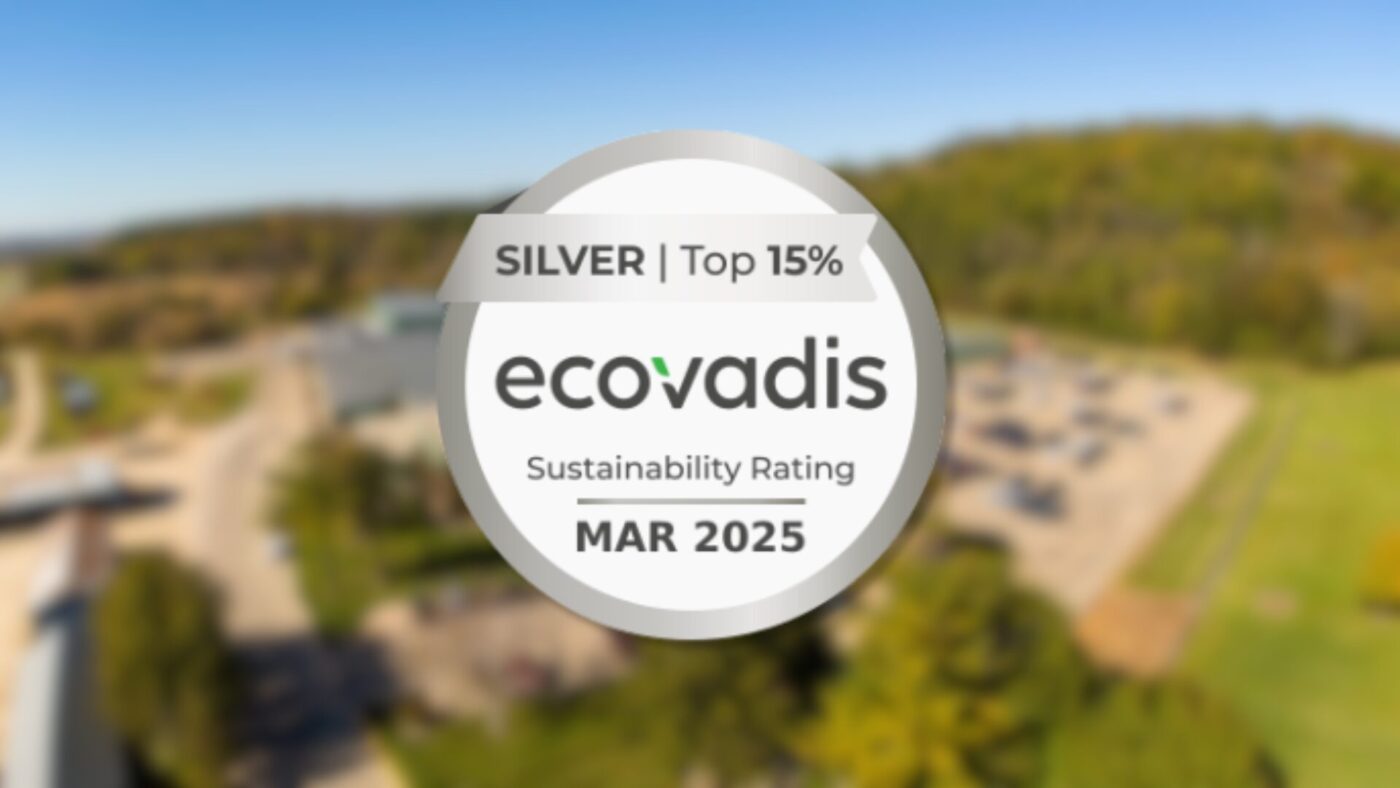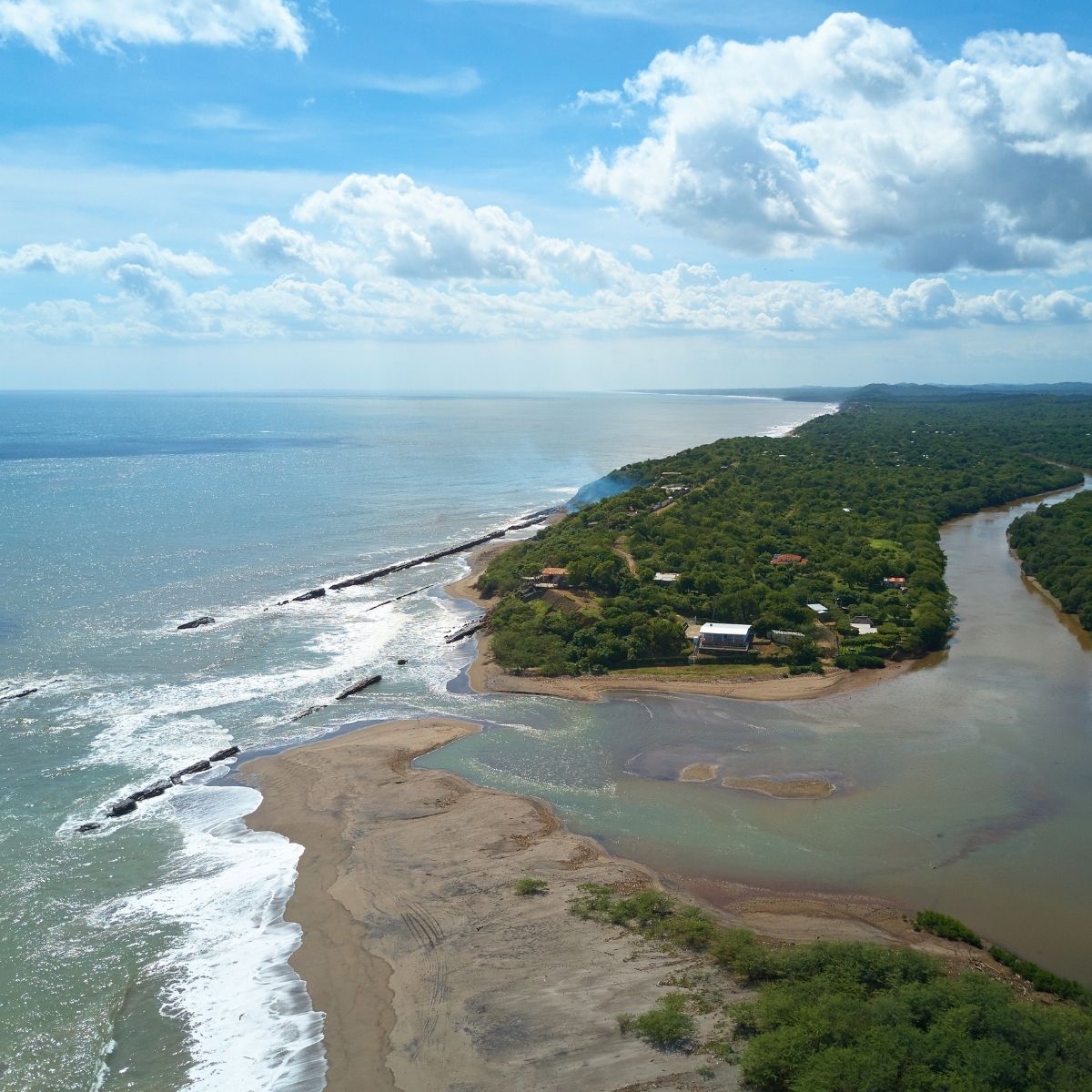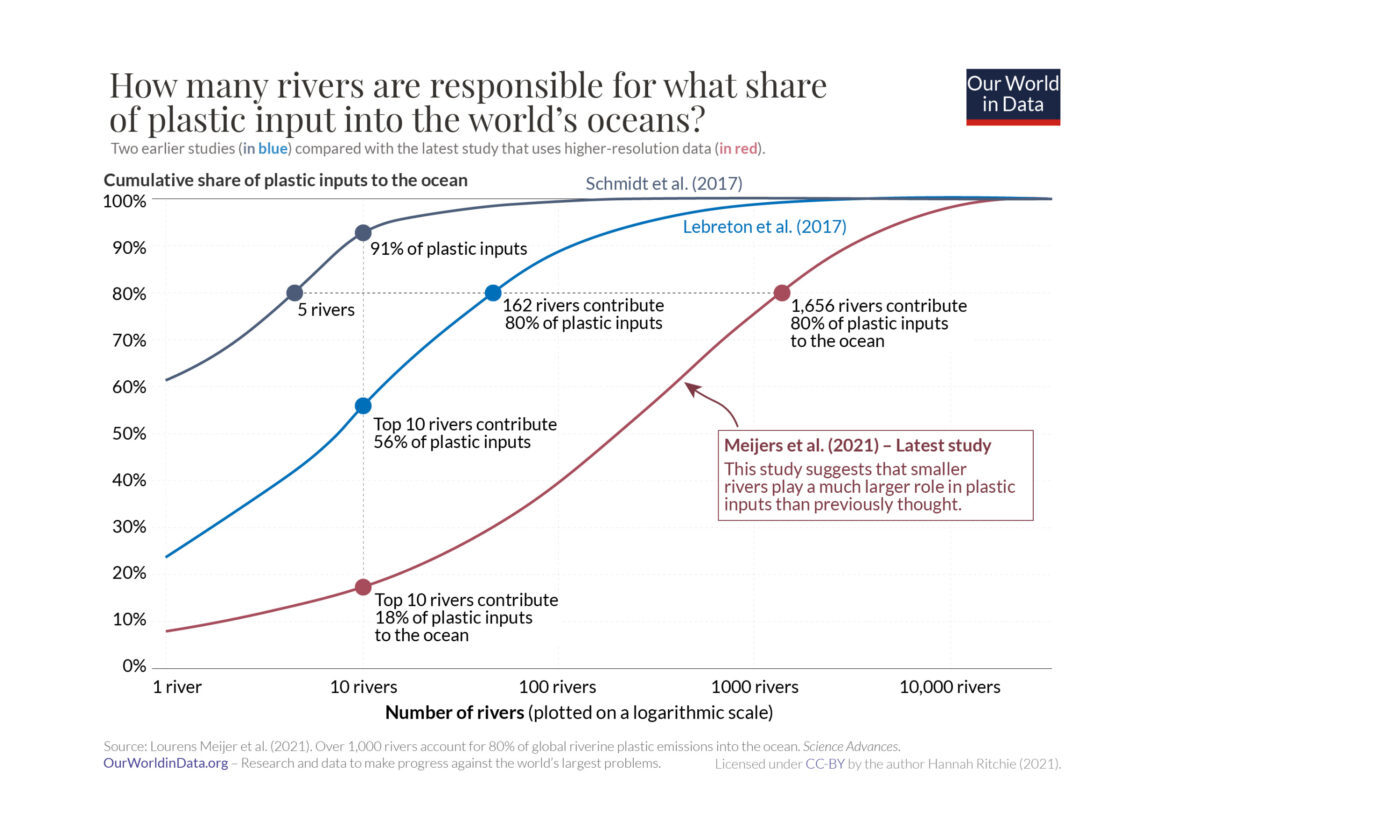
Plastic Ingenuity is proud to announce that we have earned a Silver…


Like many people, I am concerned about debris accumulating in our marine environments. Plastic debris in the oceans and shores is an increasingly growing concern that remains a complex issue we need to solve.
Our understanding of the origin of ocean debris is evolving. Rivers are essentially conveyor belts moving plastic debris from their point of origin to the oceans. Earlier studies indicated as much as 95% of plastic ocean debris originates from 10 rivers in Asia and Africa. Newer studies suggest smaller rivers play a much larger role than previously thought.

Simply adding recycling infrastructure to those surrounding areas is an option in theory, but the reality is much more complicated. These areas are mostly undeveloped and lack stable governments. Simply put, waste management is not a priority. Plus, there needs to be local end-market demand for recycled content to create economic incentives needed for a functional recycling system.
The current situation is somewhat of a paradox. The use of packaged products is a sign these areas are starting to develop. These packages provide advantages such as hygiene, freshness, and extended shelf life. However, these areas are not fully developed or equipped to manage the resulting waste. The waste ends up in rivers which flow into the oceans.
The solution to this issue is as complex as the problem itself. I do not know what the ultimate solution will look like. I suspect there will be a mix of solutions that provide incremental gains on their own, but significant progress when added together. What gives me hope is the plastics industry is activated to identify solutions.
Non-profit collaborations, like The Alliance to End Plastic Waste, are aggressively confronting the issue. Additionally, it is also promising to see brands pledging to use recycled material from ocean-bound items in their products. This is a challenging issue, but if we work together, it is not insurmountable.
If you found this article interesting, check our quick 2-minute Good Information Video on Food Waste.
